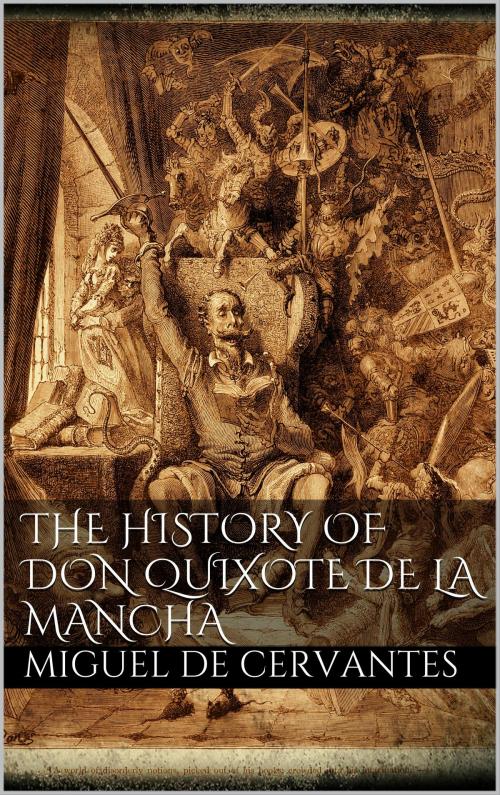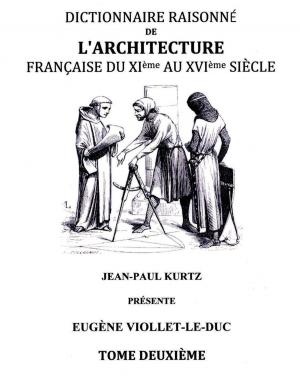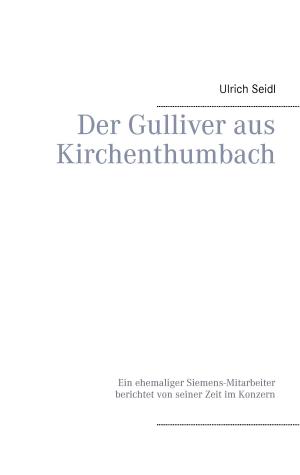| Author: | Miguel de Cervantes Saavedra | ISBN: | 9783752856965 |
| Publisher: | Books on Demand | Publication: | January 30, 2019 |
| Imprint: | Language: | English |
| Author: | Miguel de Cervantes Saavedra |
| ISBN: | 9783752856965 |
| Publisher: | Books on Demand |
| Publication: | January 30, 2019 |
| Imprint: | |
| Language: | English |
With regard to Don Quixote, it need hardly be said that its object is satire upon the books of knight-errantry, which were so much used in the time of Cervantes, and especially by the Spanish. He conceived that these books were likely to give his countrymen false ideas of the world; to fill them all, but especially the young, with fanciful notions of life, and so make them unfit to meet its real difficulties and hardships. In order to exhibit the absurdity of such works (it must be remembered too, that the more famous books of knighthood had given rise to a host of spurious imitations, with all their faults and none of their beauties), the author of Don Quixote represents a worthy gentleman with his head turned by such reading, and then sallying forth and endeavouring to act in this plain matter-of-fact world (where there are windmills, and not giants-inns, and not castles-good honest hosts and hostesses, and not lords and ladies-chambermaids, and not peerless beauties-estates to be got by hard labour, and not islands to be given away to one's dependants as if by enchantment), endeavouring to act, we say, as if all that was said in Amadis de Gaul, and Palmerin of England, and Olivante de Laura, were really true.
With regard to Don Quixote, it need hardly be said that its object is satire upon the books of knight-errantry, which were so much used in the time of Cervantes, and especially by the Spanish. He conceived that these books were likely to give his countrymen false ideas of the world; to fill them all, but especially the young, with fanciful notions of life, and so make them unfit to meet its real difficulties and hardships. In order to exhibit the absurdity of such works (it must be remembered too, that the more famous books of knighthood had given rise to a host of spurious imitations, with all their faults and none of their beauties), the author of Don Quixote represents a worthy gentleman with his head turned by such reading, and then sallying forth and endeavouring to act in this plain matter-of-fact world (where there are windmills, and not giants-inns, and not castles-good honest hosts and hostesses, and not lords and ladies-chambermaids, and not peerless beauties-estates to be got by hard labour, and not islands to be given away to one's dependants as if by enchantment), endeavouring to act, we say, as if all that was said in Amadis de Gaul, and Palmerin of England, and Olivante de Laura, were really true.















